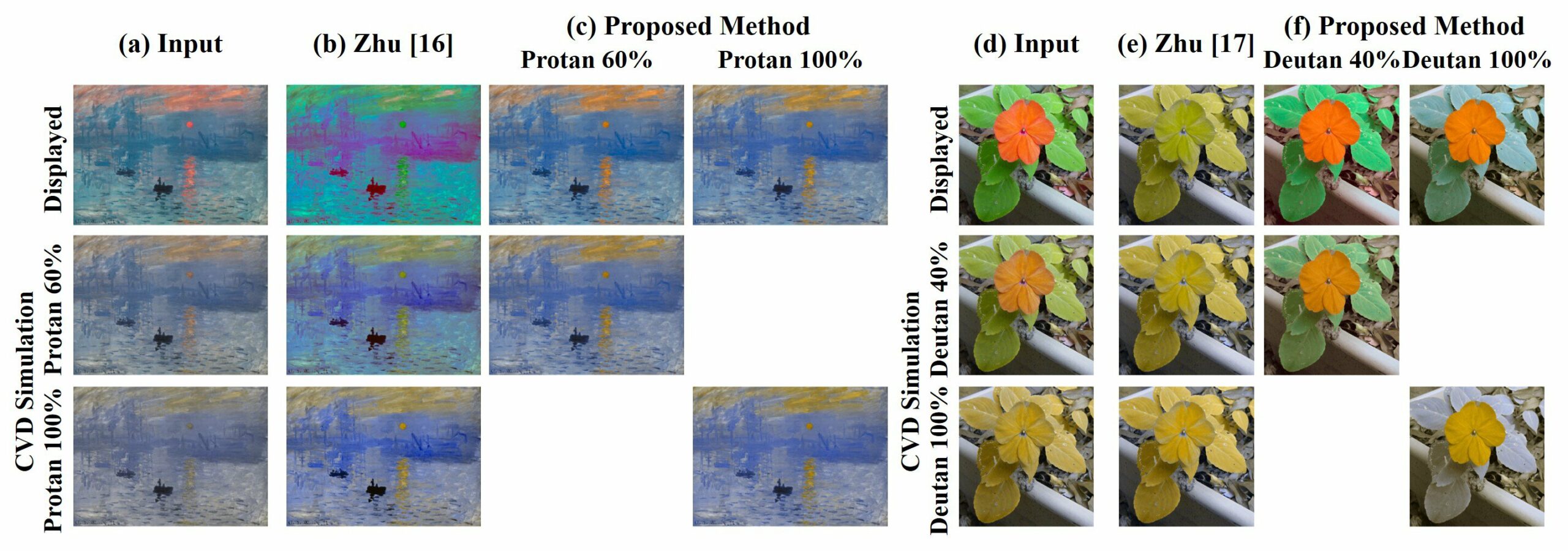Several image recoloring methods have been proposed to compensate for the loss of contrast caused by color vision deficiency (CVD). However, these methods only work for dichromacy (a case in which one of the three types of cone cells loses its function completely), while the majority of CVD is anomalous trichromacy (another case in which one of the three types of cone cells partially loses its function). In this paper, a novel degree-adaptable recoloring algorithm is presented, which recolors images by minimizing an objective function constrained by contrast enhancement and naturalness preservation. To assess the effectiveness of the proposed method, a quantitative evaluation using common metrics and subjective studies involving 14 volunteers with varying degrees of CVD are conducted. The results of the evaluation experiment show that the proposed personalized recoloring method outperforms the stateof-the-art methods, achieving desirable contrast enhancement adapted to different degrees of CVD while preserving naturalness as much as possible.

0件のコメント